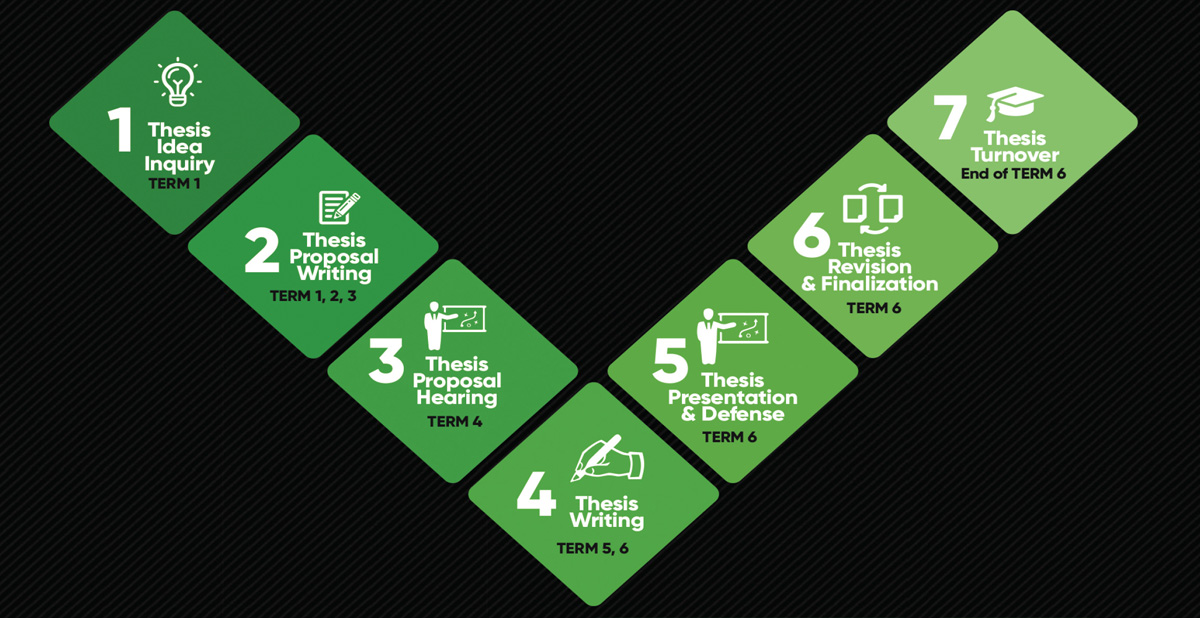Focus on MCOMM's Thesis Approach
ULAB's entry to the WURI Ranking for innovative and creative approaches with regard to industrial applications is the thesis of the Masters in Communication program offered by the Media Studies and Journalism Department. The program has a unique integrated approach towards conducting the thesis. Instead of burdening the students with the whole thesis at one go, it is developed throughout the two years the students spend in the program. Students go through a seven-step process: idea inquiry (term1); proposal writing (terms 1, 2 and 3); proposal hearing (term 4); thesis writing (term 5 and 6); presentation and defense (term 6); revision and finalization (term 6); and turn-over (end of term 6).
To provide better guidance to the students, the program has also developed two kinds of mentoring systems - joint mentoring (for topic exploration and development) and specialized mentoring (for data instrument formulation, data analysis and interpretation). The active mentoring system is rooted in Lev Semenovich Vygotsky’s “Zone of Proximal Development." It has likewise utilized a reflexive approach in thesis writing and a co-creator philosophy in knowledge creation. This ensures that the student is working on a thesis that is meaningful to them. Such approaches depart from the traditional way these are done where student interaction is limited to his/her adviser in their final term; working on theoretical instead of practical topics; and going for topics that their advisers like.
Given this approach and being the only research-intensive graduate program in the discipline in the country, the Masters is widely acknowledged and accepted, especially among the international organizations like UNICEF, UNDP, Plan International, Save the Children etc.

